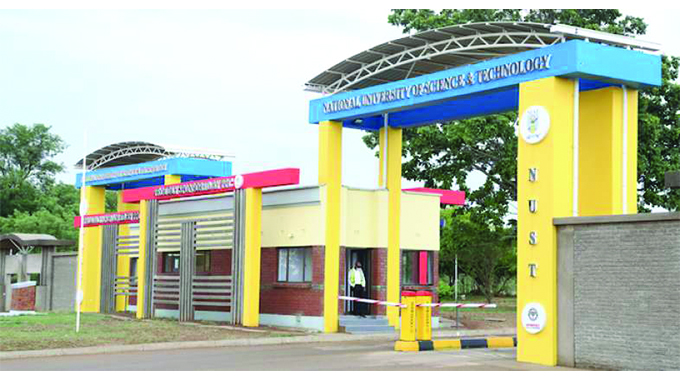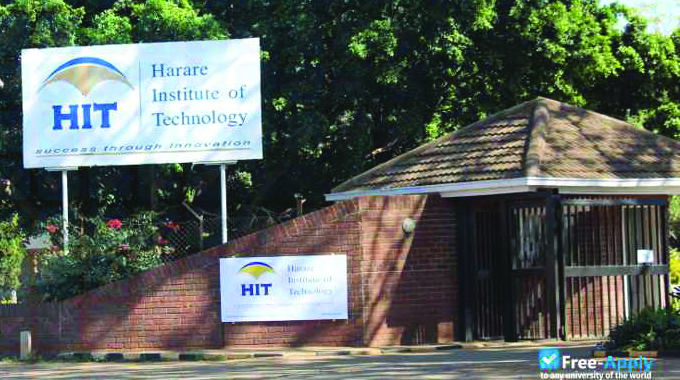COMMENT:Institutions of higher and tertiary education moving the right way

From toothpicks to purified water; from hand sanitiser to protective clothing; from fruit juices to improved animal genetics; from mobile applications to drones, students and their lecturers at local colleges and universities are going big.
To advance its agenda for an education that produces goods and services, the Government launched innovation and industrial hubs at institutions of higher learning between 2018 and 2020. The result has been an impressive and diverse production line, higher quality education, acquisition of practical skills and the creation of a totally new revenue stream for them.

Lupane State University
In July, Lupane State University announced it had made a digital goat weight research breakthrough which is expected to boost goat production by determining the quantities of vaccines that must be administered on an animal as well as its pricing. The National University of Science and Technology has developed a mobile application which can connect farmers, traders and consumers. Early this month five students who are studying aeronautical engineering at the University of Zimbabwe hogged the headlines after they unveiled four drones that they made. The machines can be used in border security surveillance, crop fumigation, filming and videography and among other functions.

Midlands State University (MSU)
The Midlands State University (MSU) has realised a $112 million profit so far this year selling products its students and staff make in its industrial park. It offers chemicals and protective clothing. The institution’s press and publications unit has published the Constitution in all the country’s 16 official languages among other publications. Its latest offering, a juice called Nature Burst made from mangoes, oranges and guavas, is making a splash on the market.
Apart from offering placement for students on work-related learning, the MSU industrial park employs 290 full time staff too.
MSU director of enterprises Mr Alex Mukwembi said the Nature Burst juice is proving to be very popular.
“I am glad to note that as MSU Industrial Hub we are now producing juices from oranges, mangoes and guavas. We have introduced a drink called Nature Burst which is our latest product on the market,” he said.
“The mangoes, oranges and guavas are from our farm and instead of selling them as fruits we are now producing juices which is the value addition that Government is talking about. Our students on work-related learning are not only benefiting from work-related learning but are also producing for the university. We are working on substituting imported drinks, pharmaceutical products and even toothpicks. We want to make sure we substitute as many products as possible to save the country the much needed foreign currency.”

Harare Institute of Technology
What we have mentioned are only a few of the numerous innovations that universities and colleges nationwide are coming up with. There is much more that is being produced at Great Zimbabwe University, Harare Institute of Technology, Chinhoyi University of Technology, Bindura University of Science Education, Harare and Bulawayo polytechnics.
This is the sort of education that we want; an education that solves real-life challenges rather than just describing them. For this reason, we commend the President for his vision for an industrialised economy and his technocratic Minister of Higher and Tertiary Education, Science and Technology Development, Professor Amon Murwira.

Minister Professor Amon Murwira
We foresee local institutions of higher and tertiary education becoming more formidable contributors to national economic development, not only in the sense of producing skills but also in producing goods and services. The institutions will soon be more financially vibrant as the revenues they would derive from selling their products and services should be invested in infrastructure, equipment as well as providing food for the students and staff. When that happens, the institutions will depend more on internal resources than on the fiscus.
The Government will, therefore, redirect the resources to areas that need them more.












Comments